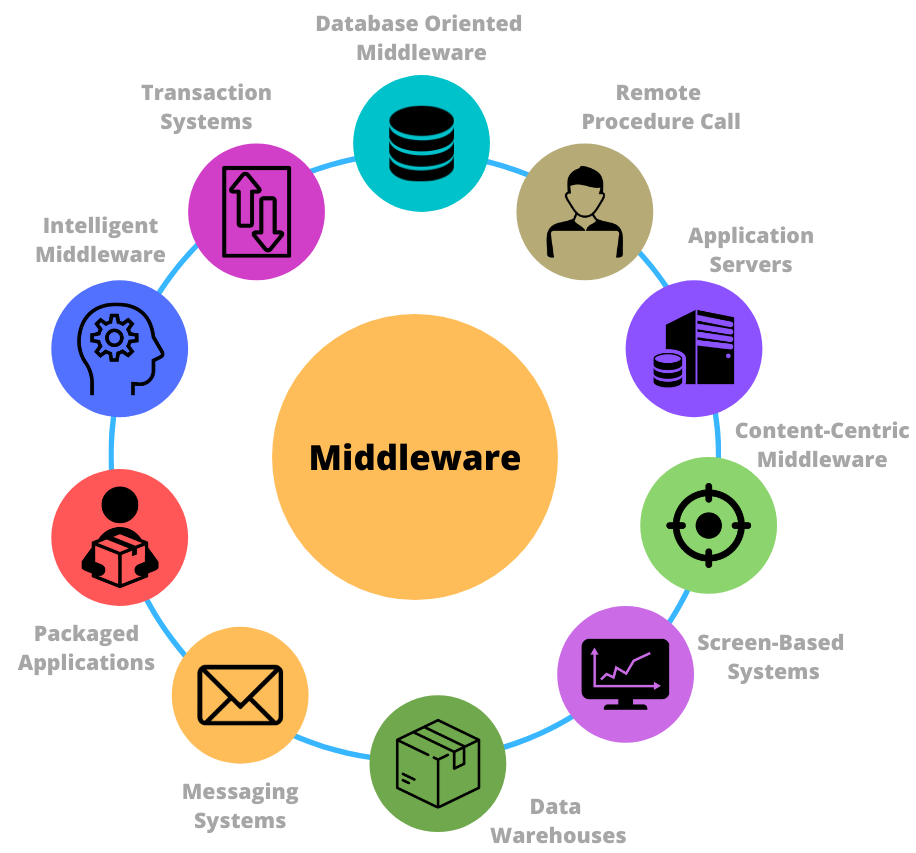As the company grows and develops, the number of software and hardware solutions it uses increases. Even a small organization can have more than 20 applications. And in large companies their number can exceed 800. It is important that services interact effectively with each other and that their maintenance is not time-consuming and expensive. This is not easy to achieve, as each new solution increases the complexity of the infrastructure. The company needs the services of a system integrator to put programs and equipment in order and ensure their efficient use. In the article we will tell how integrator helps the business, what benefits cooperation with him and how to choose him.
Who is the system integrator
A system integrator is a company that implements and integrates complex, disparate systems to provide efficient infrastructure. Integrators identify customer needs to design and implement a system that closes those needs. Such companies can also provide technical support and maintenance for their systems
It can be said that the system integrator is, in simple words, the one who unites disparate decisions and brings them in order. It ensures that they work together to achieve their goal. In order to solve such problems, the integrator must be well versed in software and hardware products and be able to create a single optimized environment from them.
What services is provided by the system integrator
The system solutions integrator designs, creates and implements IT infrastructure solutions and also tests their compatibility. Its mission is to link disparate components into a single system and to ensure their smooth running. Once the integration is complete, the company can provide infrastructure monitoring and technical support services.
The list of system integrator services may include:
- assessment of business needs, existing systems and infrastructure, identification of potential problems and forecasting of risks;
- Designing integrated solutions with the most appropriate components and technical specifications;
- development and implementation of solutions, installation, adjustment and consolidation of individual components into a single system;
- training and preparation of methodical recommendations for IT infrastructure users;
- testing and elimination of problems that arise from the changes;
- technical support and support of integrated solutions during and after launch, preventive maintenance and assistance in solving problems.
Types of system integrators
System integrators can be conditionally divided into several groups.
The largest group is the IT integrator. This category includes system integrators that offer customers comprehensive solutions and help close a variety of tasks, including highly specialized ones. In the portfolio of such companies have proposals for various technological and industry areas
Narrow-profile integrators. Not all companies are ready to provide a full range of services. Some system solutions integrators prefer to focus on specific topics and solve specific tasks of the client. Such companies have a high level of expertise in certain areas and can own complex technologies.
Industry integrators. There are IT integrators that have expertise to solve customer problems only in certain industries. For example, in banking or retail. Such companies can solve specific problems of customers, but only within one industry.
Engineering system integrators. This category includes companies that create local networks and IT infrastructure at the physical level. Such integrators often work with larger companies.
Advantages of cooperation with IT integrator
What is more advantageous: own staff of IT-specialists who will perform integration tasks, or services of system solutions integrator?
In-house engineers are much less likely to solve complex integration problems than IT integrator employees. Their experience is limited to the tasks of the organization. Therefore, they may lack the knowledge and skills to deal with specific requests or emergency situations. The system integrator daily solves much more complex tasks than those faced by IT specialists. As a rule, he has a lot of practical experience in the implementation of many projects and uses a set of modern technologies and tools.
Therefore, IT integrator develops and implements new solutions much faster than its own development team. The client saves time and budget when designing complex solutions and in the future, with their operation and support.
In order to maximize the benefits of cooperation, it is important to choose the right system integrator.
Requirements for system IT integrator
In order to understand whether a company is suitable system integrator, you need to make a list of requirements in advance. It may vary depending on the challenges facing the company. However, there are universal criteria that can be applied in most cases.
The basic set of requirements for IT integrator includes:
- integrated approach to IT system development;
- delivery of the project «turnkey» with training of company employees and maintenance of IT infrastructure;
- confirmed by cases experience with projects of any scale and complexity on the basis of equipment of different manufacturers;
- ability to work under sanctions, the system integrator should select optimal solutions after the departure of foreign vendors from the domestic market;
- the presence of a fully staffed, experienced analysts, architects, engineers, including with a narrow specialization;
- readiness to offer the best solution for the client within the specified budget or several options to choose.
It is also useful when the system integrator can perform large and complex projects and can create qualitatively new tools to improve business processes and ensure competitive advantages. When choosing an integrator, it is important to discuss the timing of the project, methods of purchasing equipment, security measures, certificates.
ITGLOBAL.COM is a system integrator of IT services and solutions, which has representation in different countries of the world. The company develops its own software products and has many years of cooperation and partnership with leading manufacturers of hardware and software (NetApp, Cisco, VMware, Dell) for more than 15 years. The company’s engineers have extensive experience working with various systems and competencies, confirmed by certificates.
This article was sponsored by Aldo Tarantini




